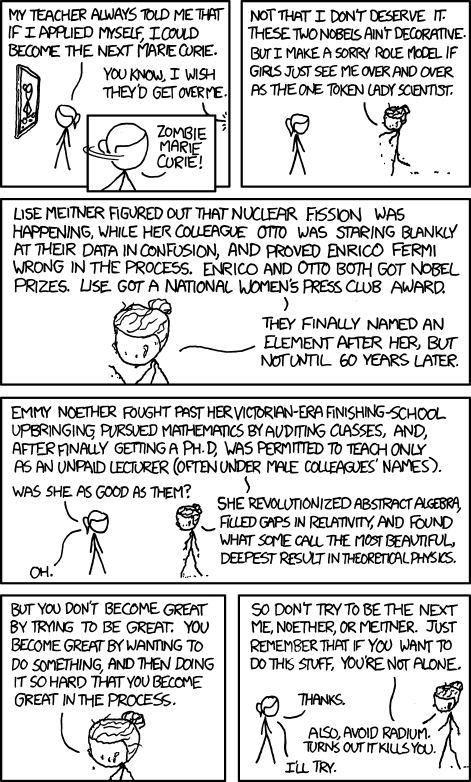When it comes to workshops there is huge variation across and within CS subfields, but I'll try to answer generally.
Scale
One might define workshops as conferences on a smaller scale. They usually last anywhere from half a day to several days. They are usually single-track (i.e., only one thing is happening at a time).
Location
Workshops are typically co-located with another event, such as a conference or the anniversary of Alan Turing's 33rd birthday. Sometimes they stand alone. Sometimes they are co-located with a bunch of other workshops.
Format
Workshops are usually more interactive than conferences in that they tend to foster longer and more in-depth periods of discussion. Sometimes this means discussion so intellectually stimulating you lose track of time, sometimes this means it's 6:30pm and you're starving and angry at the organizers for not telling Dr. Loquacious it's dinner time.
Also, workshops are usually less formal and more relaxed than conferences.
Acceptance Rate
It is usually easier to get a paper into a workshop than a major CS conference, but this is not always true. I was talking to a friend in a subfield that has a "workshop" which is the top venue in his field - it has an acceptance rate of less than 17%.
If it's a workshop in a very niche area, like Green Non-Embedded Ducks, chances are your paper will be accepted so long as you can sneeze some words in the general theme area.
Sometimes workshops have pre- or post- workshop meals and/or social activities associated with them. These events are generally informal, and in my observation usually organized at the last minute. "Hey, anyone wanna get some food?"
When you plan your travel to workshops, try to leave some time free a few hours after the workshop (or the night before). Social events are great networking opportunities, just like at conferences.
People: Organizers / Program Committee (PC)
I usually only go to workshops that are either: organized by people I've heard of, have people I've heard on on the PC, or are co-located with a conference I wanted to attend anyway. If none of these things are true, then I usually have to have a long think about whether it's worth attending. Sometimes if I'm foraying into a new discipline and the workshop isn't too far away or too expensive, I'll take the chance.
People: Attendees
It's generally a mix. Some workshops I've gone to it's nearly all graduate students. Others it's nearly all mid to senior academics. It really varies. Workshops that are organized by people from industry or government tend to draw a different crowd as well.
Proceedings / Outcomes
The best workshops combine fantastic workshop-y goodness and publish your paper in the ACM Digital Library or IEEExplore. Or, the organizers have actually applied for and received approval for a journal special issue.
This is not always the case, though. Sometimes your paper doesn't actually go anywhere, sometimes organizers promise ACM or IEEE or special issue journal publications and it never happens. Sometimes they just grab your paper and plunk it up on a website.
Other outcomes include websites and wikis (usually promised, though some organizers follow through), as well as a poster that is presented at the main conference. In my experience this poster is a strange thing, and seems to happen at the end of a 13 hour day when you're still hungry and Dr. Loquacious is still whinging, except this time while holding PostIt notes and markers.
Why should you go?
- Workshops are a great place to meet people pre-conference if they happen before the conference begins. This is especially true if you're attending a conference where you don't know anyone. The further you get in your career the more rare this will be, but in your first few years of conference-going, workshops are very helpful.
- Sometimes super-huge people attend workshops, and you get the chance to rub elbows with them all day long. I once got to spend a day with my idol this way.
- From an academic perspective, workshops are a great place to float half-baked ideas.
- Finally, because the acceptance rate is usually higher at workshops co-located with conferences, it's a great excuse to go. Fantastic back-up plan.
Why should you not go?
- From a paper publication standpoint, sometimes workshops are more trouble than they're worth. If they haven't planned for proper proceedings (e.g., ACM Digital Library/IEEExplore / Springer LNCS), your paper might not "count" as much from a career perspective as it would if it were properly published. On the other hand, for really early work this can be a boon because you can get feedback on your work, improve it, and then publish it in something good later.
- Some workshops promise a journal special issue or book but this doesn't actually ever come to fruition. You can usually tell based on the track record of the organizers. I know some organizers who are super on top of such things and really do pull together journal special issues, books, etc., and I know others that always promise but never deliver. So view this as a nice bonus, but don't bank on it.
- It's hard to predict what kind of experience you'll have at a workshop compared to a well-established conference. Some organizers are great and some are awful. (Academic skillz does not necessarily translate into good workshop organizing skillz).
Bottom Line
In my experience, if you have the funding and time to attend, and you think you'll enjoy yourself and learn something, it's worth attending workshops - especially ones co-located with top conferences. You'll usually learn something, and if you don't learn something you'll at least meet interesting people. Some of my Research BFFs I met at wokshops, and we're still working together to this day.



